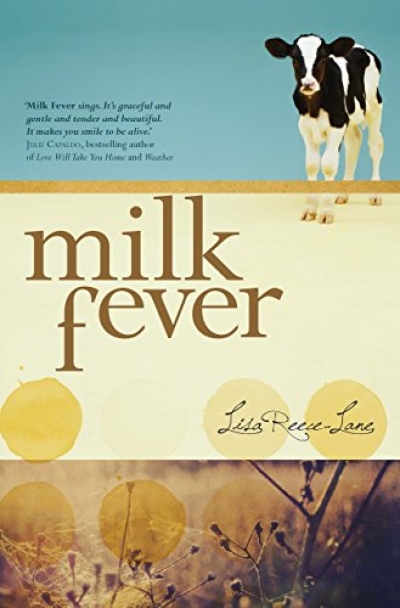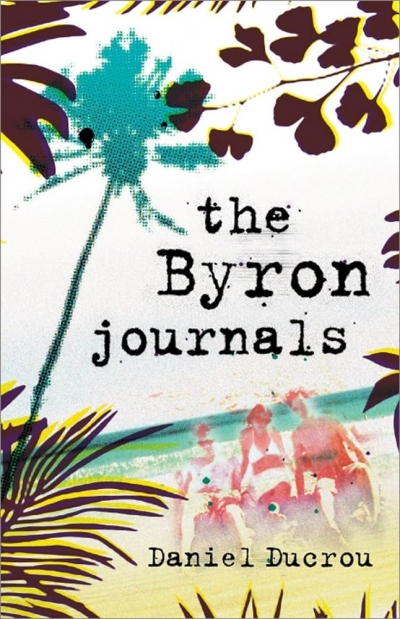Archive
What a wonderful thing is the essay! What a hymn to the human mind and its vagaries and cogitations – to its humanness. All honour to Australian Book Review and the Cultural Fund of Copyright Agency Limited for celebrating it with the Calibre Prize – and, of course, to our prize-winning hymnists.
To celebrate the essay with this degree of fanfare shows a certain amount of chutzpah, I think – of ‘courage’ in the Sir Humphrey Appleby sense of the word. (‘A courageous decision, Minister.’)
... (read more)Griffith Review 28: Still the Lucky Country? edited by Julianne Schultz
Poetry in English has lost one of its paragons, Australian literature one of its finest ambassadors, and Australian Book Review a beloved friend with the death in London of Peter Porter, aged eighty-one. He died on 23 April – Shakespeare’s birthday – by which time our May issue had already gone to print.
... (read more)In Australia, fewer than one in three expected deaths takes place outside an institution, but eighty per cent of people say they would rather die at home.
... (read more)Why do you write?
It’s not really a choice, but a necessity. Usually, it is the pressure of an idea or an emotional state that only seems to be satisfactorily released as words on a page. Sometimes, if there is a choice involved, it is in choosing not to write.
Are you a vivid dreamer?
Yes. A lot of my work originates in dream. Glissando began as a transcription of a dream I had longer ago than I care to admit.
... (read more)Tragedy and loss
Dear Editor,
In his otherwise eloquent defence (‘Seeing Truganini’, May 2010) of Benjamin Law’s busts of Truganini and Woureddy as ‘irreducible historical objects’, secular works of art and therefore items that should be available for free discussion and exchange, and also in his sketching of the various shades of guilt accompanying this very complex issue, David Hansen, a professional curator, is, I feel, himself ‘guilty’ of looking around these works rather than at them – in fact, not ‘seeing’ them. Dr Hansen says: ‘It is not the sculpture that conveys the extinction myth, but the way the image is and has been used in another past, a later past.’ Focusing on Truganini, he details how, when her bust was made, there were still ‘two hundred full-blood Palawa living’, Darwin’s ‘Origin’ was twenty years off, Truganini was ‘smart and vivacious, young and attractive’, and she and her treaty group were ‘A-list colonial celebrities’.
... (read more)




